Novichok: Ambulances to undergo 'precautionary' tests
- Published
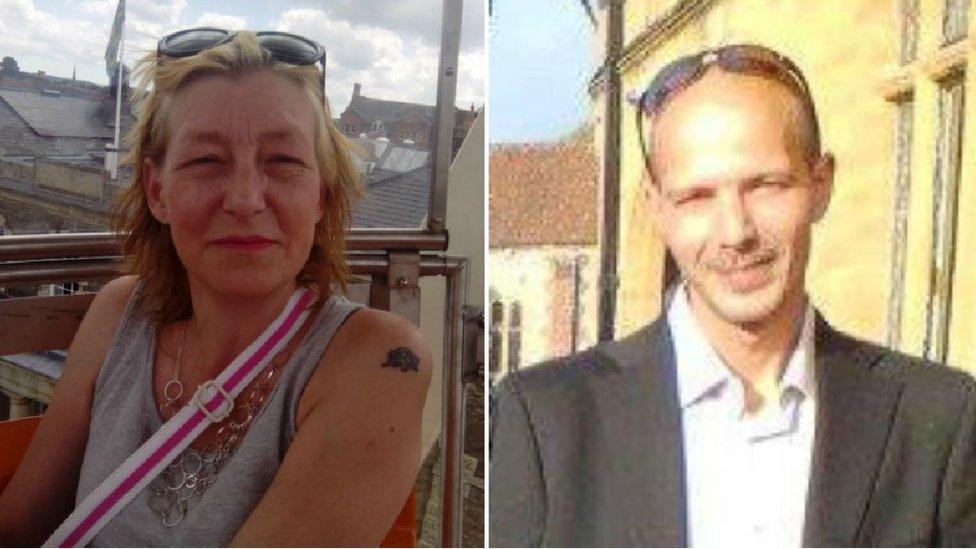
Dawn Sturgess, and her partner Charlie Rowley were exposed to Novichok in Amesbury, Wiltshire on 30 June
Ambulances used to treat a couple who were exposed to the nerve agent Novichok are to undergo "highly precautionary" testing, police say.
Dawn Sturgess, 44, died on 8 July after she and Charlie Rowley, 45, came into contact with the substance in Amesbury, Wiltshire, the previous week.
An air ambulance, ambulance station, emergency vehicles and kit worn by first-responder staff will be examined.
Wiltshire Police said it will ensure no "onward contamination" has taken place.
It said that to allow specialists to carry out their work, the Wiltshire Air Ambulance station at Semington will be closed temporarily and the air ambulance will be grounded for testing.
'Precautionary step'
Wiltshire Police deputy chief constable Paul Mills said: "The work we are undertaking forms part of the wider ongoing response to the incident and is the next logical precautionary step in the process."
He added the work being carried out will "further reduce any residual risk".
Mr Rowley made a full recovery and left hospital on 20 July.
He previously recalled how the nerve agent took just 15 minutes to poison Ms Sturgess after she sprayed the "oily" substance on to her wrists believing it was perfume he had given her as a gift.
After being taken to hospital, the mother-of-three never regained consciousness before she died. Her funeral was held on Monday.
The poisoning of Mr Rowley and Ms Sturgess came four months after the case of the former Russian spy Sergei Skripal and his daughter, Yulia.
The Skripals were found unconscious on a park bench in Salisbury in March after coming into contact with Novichok. They have since been discharged from hospital.
The UK government has blamed Russia for the attack on the pair in March, but the country's authorities deny any involvement.
- Published30 July 2018
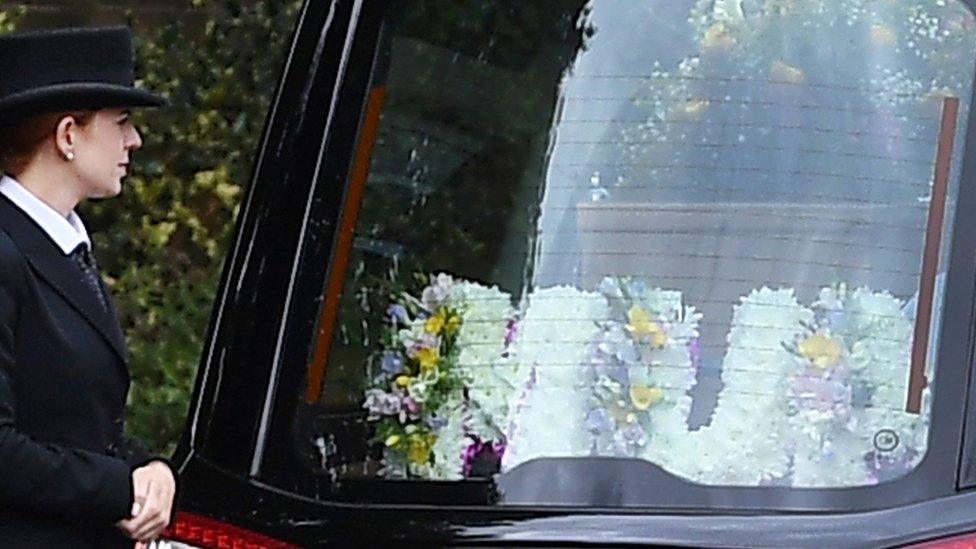
- Published20 July 2018
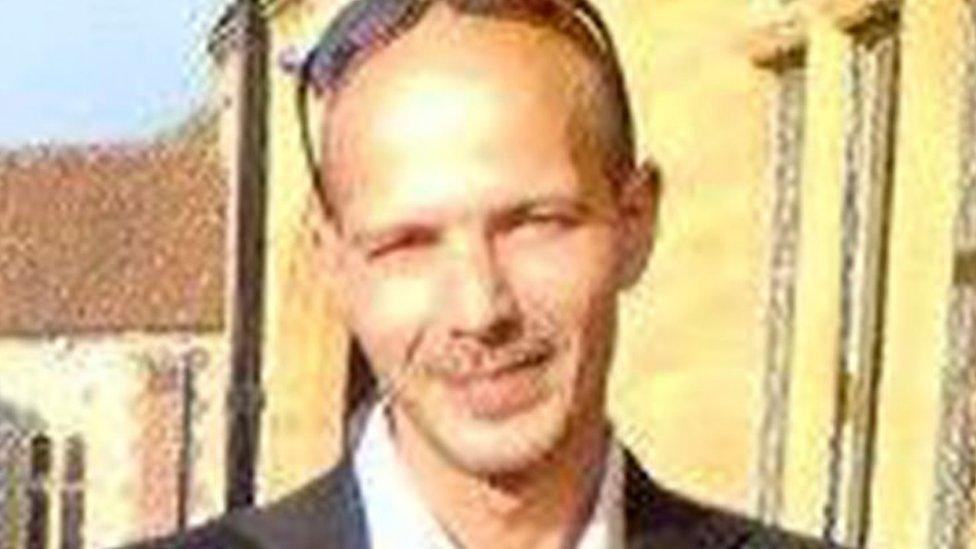
- Published19 July 2018
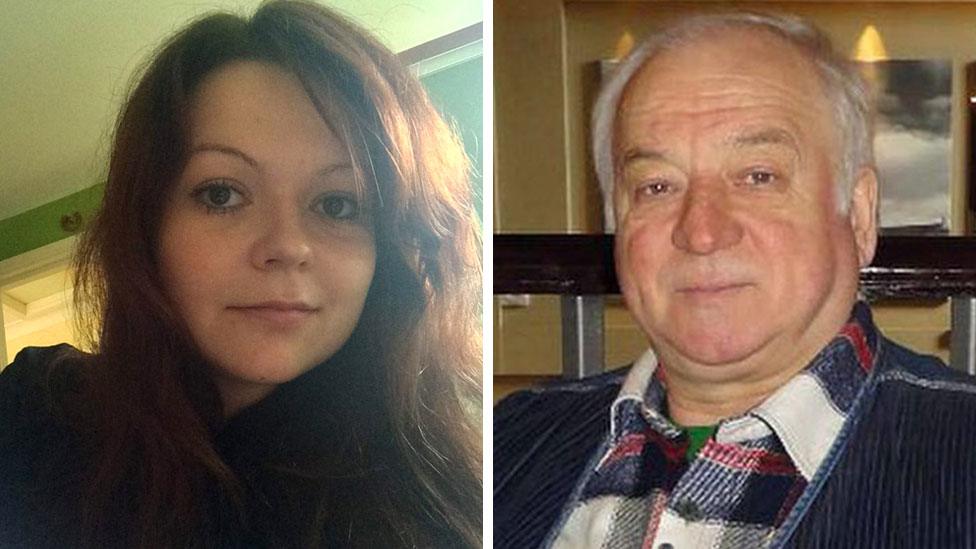
- Published9 July 2018
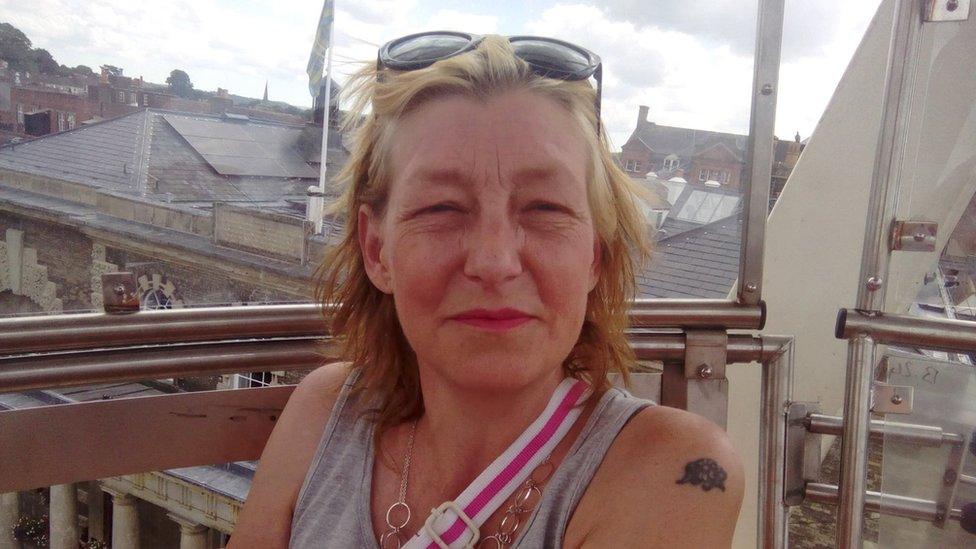
- Published2 September 2020
